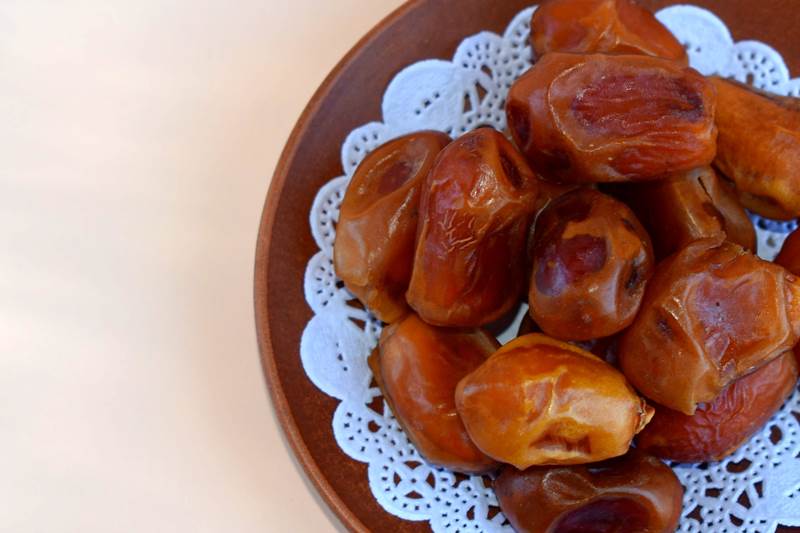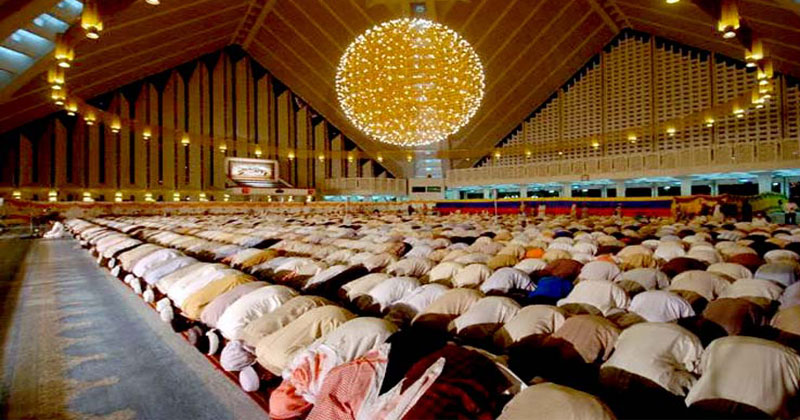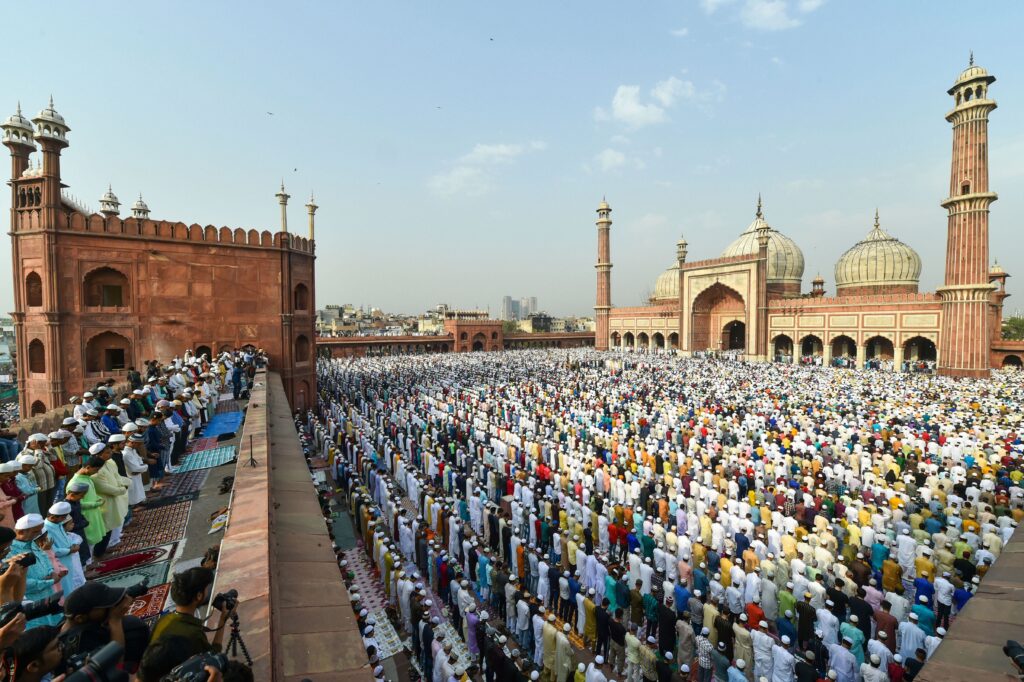Ramadan is an important and blessed month for all Muslims Photo National Today
World – The blessed month of Ramadan has officially started. Muslims all across the globe will fast from dawn to sunset. While Islam is the world’s fastest-growing religion, Ramadan still isn’t well understood by many non-Muslims.
Ramadan is the ninth month of the Islamic calendar which is the Lunar calendar that Muslims follow. It is considered the most sacred month for Muslims. It is in this month that the Quran, the holy book of Islam, was revealed to Prophet Muhammad (SAW).
It is a time of fasting from dawn until sunset, which is one of the Five Pillars of Islam. The other four are Shahada (declaring there is no God but Allah (SWT) and that Muhammed (SAW) is His Messenger), Salah (the 5 daily prayers), Zakat (compulsory charity that is 2.5% of your wealth), Fasting and Hajj (pilgrimage to the Kabah in Makkah).
The fast of Ramadan
The fast of Ramadan is meant to create a stronger bond between a believer and Allah (SWT). It is also meant to teach self-discipline, self-control, and empathy for those who are less fortunate. All adult Muslim men and women abstain from food, drink (yes,even water) and sexual relations with their spouse from sunrise till sunset.
One must try even harder from backbiting, using bad language, shouting, treating someone badly or any other disliked action. Ramadan is not just about abstaining from food and drink but also resisting one’s desires, temptations and bad habits.
The young, pregnant, nursing women and those with health conditions are exempt from fasting during this month. Those who are sick can make up for the missed fasts after Ramadan when they are feeling better. Those who have incurable or chronic ailments that prevent them from fasting are permitted to pay Fidyah (to give 1.6 kg of wheat or 3.2 kg of barley or the equivalent of the above in cash or kind) to make up for the missed fast. A Musaafir (one who is undertaking a journey of more than 77 kms and does not intend on staying for more than 14 days at his destination) is also exempted from fasting.
Sehri and Iftaar

Dates are the most preferred food to have for Sehri Photo Incpak
The fast starts with a meal called Suhoor or Sehri. It is recommended that this meal should be something light and not something very grand. While it is not compulsory to have Sehri, it is Mustahab (an action that is very much liked by Allah (SWT) and there is great reward in it).
The meal taken at sundown to break the fast is called Iftaar. One should try and break their fast with a date but it can be broken with anything else. A person should try their best to break their fast immediately after sunset as this is Mustahab.

Iftaar preparations at Musjidun Nabawi in Saudi Arabia Photo Siasat
Taraweeh Salah and I’tikhaaf
There is a special prayer that only occurs during Ramadan called Taraweeh. It is prayed after the Esha prayer (the last prayer of the day). Over the course of Ramadan, the entire Quraan is recited during this prayer. A Hafiz (one who has memorised the entire Quran) leads the Taraweeh prayers.

Taraweeh Salah taking place during Ramadan Photo Eastcoastdaily
During Ramadan Muslims engage in increased acts of worship, such as prayer, reading the Quran, and giving to charity. Ramadan is a time for reflection, introspection, and spiritual growth, as well as an opportunity to strengthen one’s connection with God and community. It is the time for a Muslim to try and better his life.
During Ramadan every good deed is rewarded as if it is an obligatory deed. Every obligatory deed is rewarded as if that person did that deed seventy times. It is why Muslims try to maximise their time during this month.
During the last ten nights of Ramadan, Muslims will often do what is called I’tikaaf (to enter the Masjid with the intention of residing therein). They will not leave the Masjid until the moon of Shawwal is sighted. This action is called Sunnate Mu-akkadah. This means one person from the community must perform this action and the entire action will be absolved from this duty. If no one does it, all residents will be sinful of neglecting this sacred duty.
During the last ten nights Muslims search for Laylatul-Qadr, the Night of Power. It is a night better than a 1000 months (83 years). The night is not known but Muslims search for it in the odd nights of the last ten nights. Any action done on this night is equivalent to having performed the same act for over 83 years. Muslims increase their good deeds even more during these last ten nights.
The end of Ramadan and Eid ul-Fitr
The end of Ramadan comes with the sighting of the new moon for Shawwal. The tenth month of Ramadan. This may happen on the 29th or 30th of Ramadan. Ramadan can only be 30 days so if the moon is not sighted on the 29th night, then whether the moon is sighted or not on the 30th, Ramadan will end.

The Eid ul-Fitr Salah taking place Photo NDTV
The end of Ramadan is celebrated with the occasion of Eid ul-Fitr. Eid-ul-Fitr is celebrated with a morning congregational prayer on the first day, new clothes, time with family and friends, gifts of money for children and food. It is a joyous occasions for all Muslims around the world..
